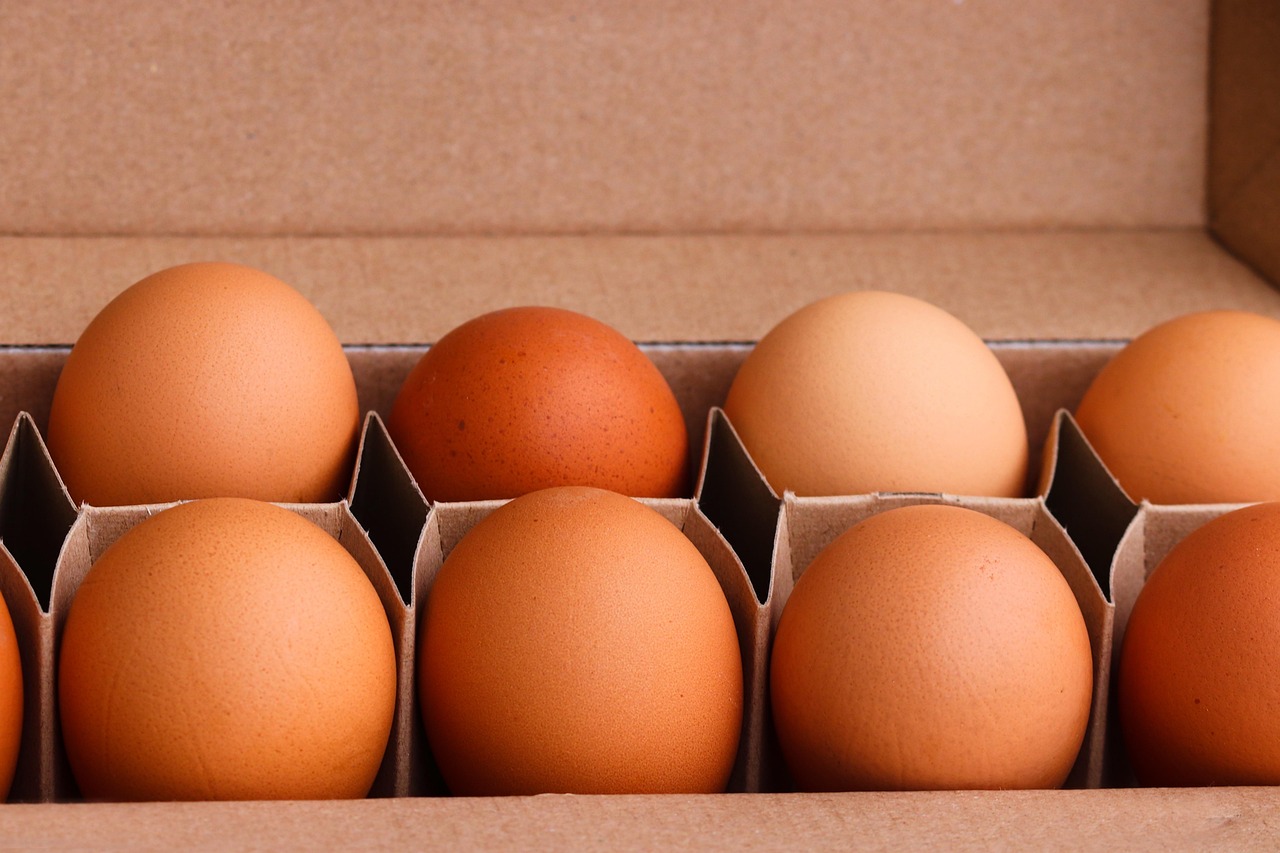
According to the Brazilian Animal Protein Association (ABPA), the volume of eggs (including fresh eggs and processed products) imported by the United States from Brazil in the first quarter of this year increased by 346.4% compared to the same period last year. This growth has made the United States the largest importer of eggs from Brazil.
According to Zhongjin's understanding, ABPA statistics show that Brazil exported 2,705 tons of eggs to the United States in the first three months of this year. The United States has been facing a severe egg shortage crisis since 2022 due to the spread of avian flu in the country.
Ricardo Santin, President of ABPA, stated, "This month, we've seen more clearly the positive results of the openness of the United States to Brazilian egg production, which can be used locally for processing into consumer products."
However, eggs may become more expensive for American consumers due to the 10% tariff imposed by U.S. President Trump on all products imported from Brazil.
According to data from the U.S. Department of Agriculture last month, in 2025, the price of Brazilian eggs could rise by 41%, peaking around Easter. The average price for a dozen eggs has reached a record high of $4.95, with some places even reaching $1 per egg.
ABPA data shows that besides the United States, the United Arab Emirates imported 1,422 tons (-9%) of Brazilian eggs in the first quarter; followed by Chile, which imported 1,182 tons of eggs (+65.4%); Japan imported 846 tons of eggs (+132.4%); and the Mexican market imported 576 tons of Brazilian eggs.
In March alone, Brazilian egg exports grew by 342.2%. A total of 3,770 tons of eggs were exported in March, an increase from 853 tons in the same period last year. In terms of export revenue, the total amount in March reached $8.65 million, a 383% increase from $1.79 million in the same period last year.
So far this year, Brazil has exported 8,654 tons of eggs, a 97.2% increase from 4,388 tons in the same period last year. Export revenue has increased by 116.1%, reaching $17.77 million in 2025, compared to $8.22 million in the same period last year.
Despite the increase in exports, Santin emphasizes that there is ample domestic supply in Brazil. The export quantity is less than 1% of Brazil's total production. He noted, "While maintaining supply for the domestic market is crucial, exports are essential for the sector's development as they represent around 1% of total production."
The latest survey from the Center for Advanced Studies in Applied Economics (Cepea) in Brazil shows that egg prices in Brazil started to decline in March, although they remain higher than the same period last year. Cepea's research indicates that "weaker demand in the last two weeks of March slowed down sales, putting pressure on prices."
